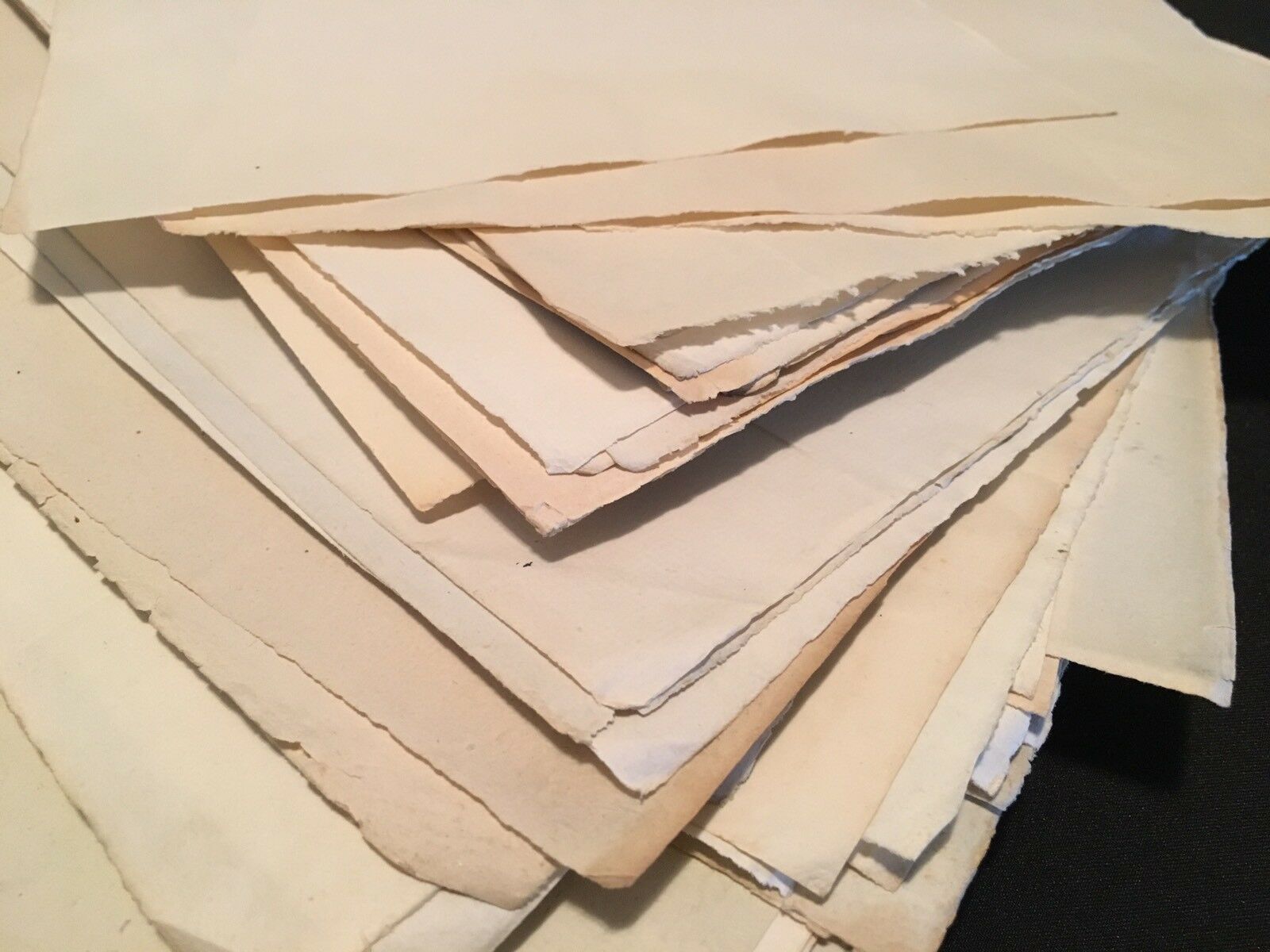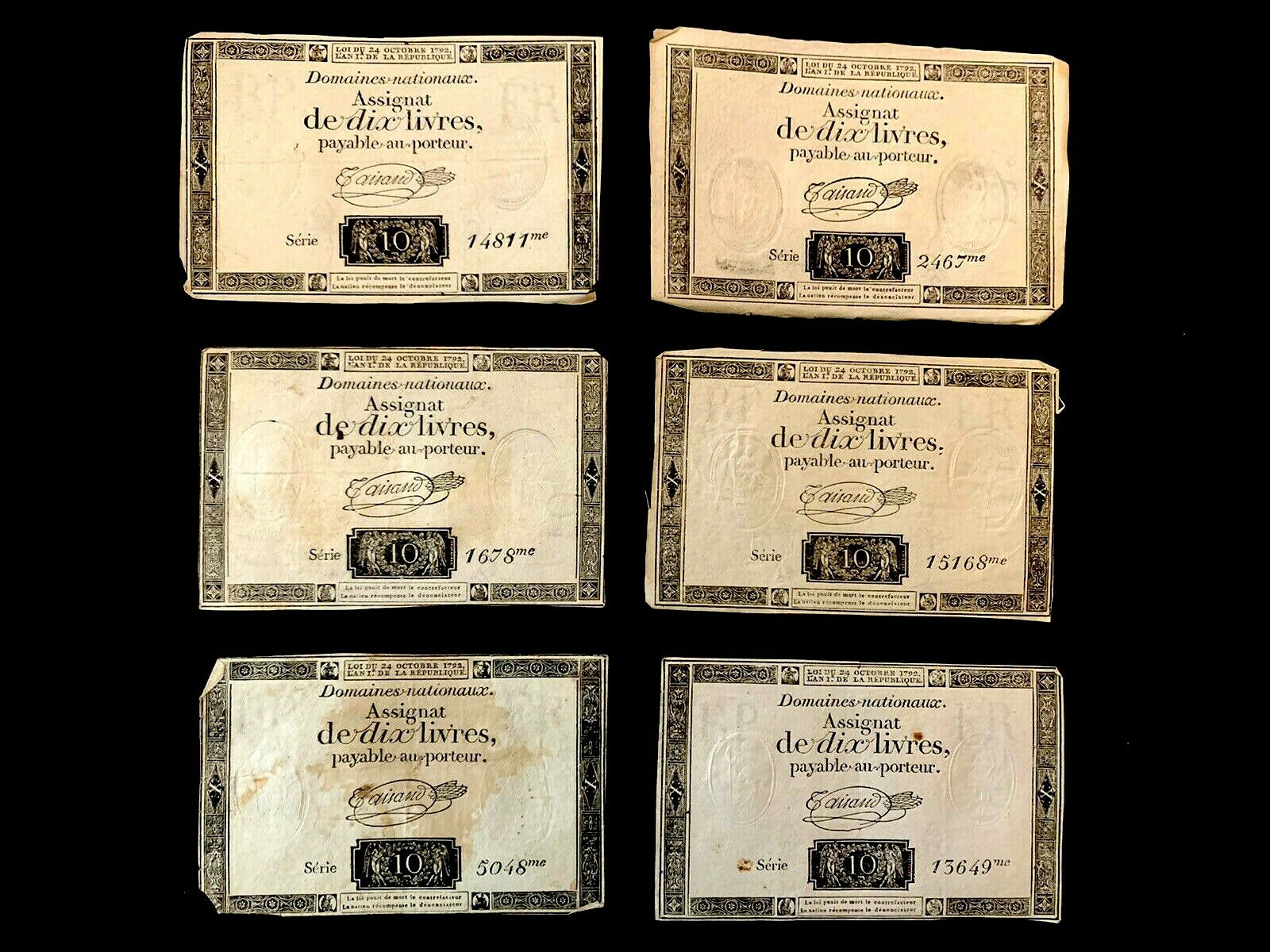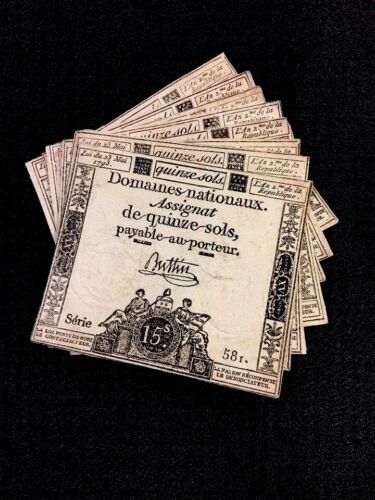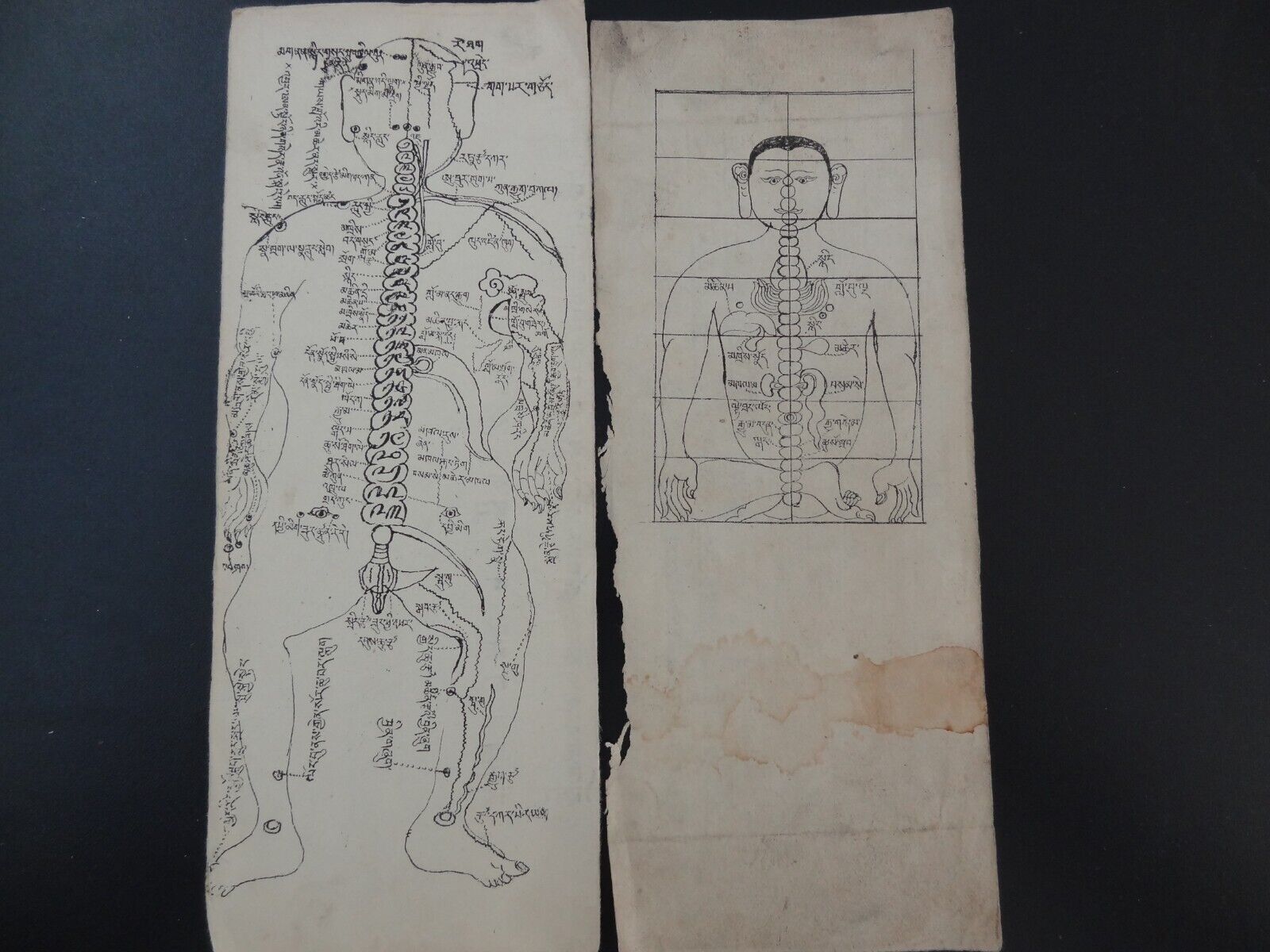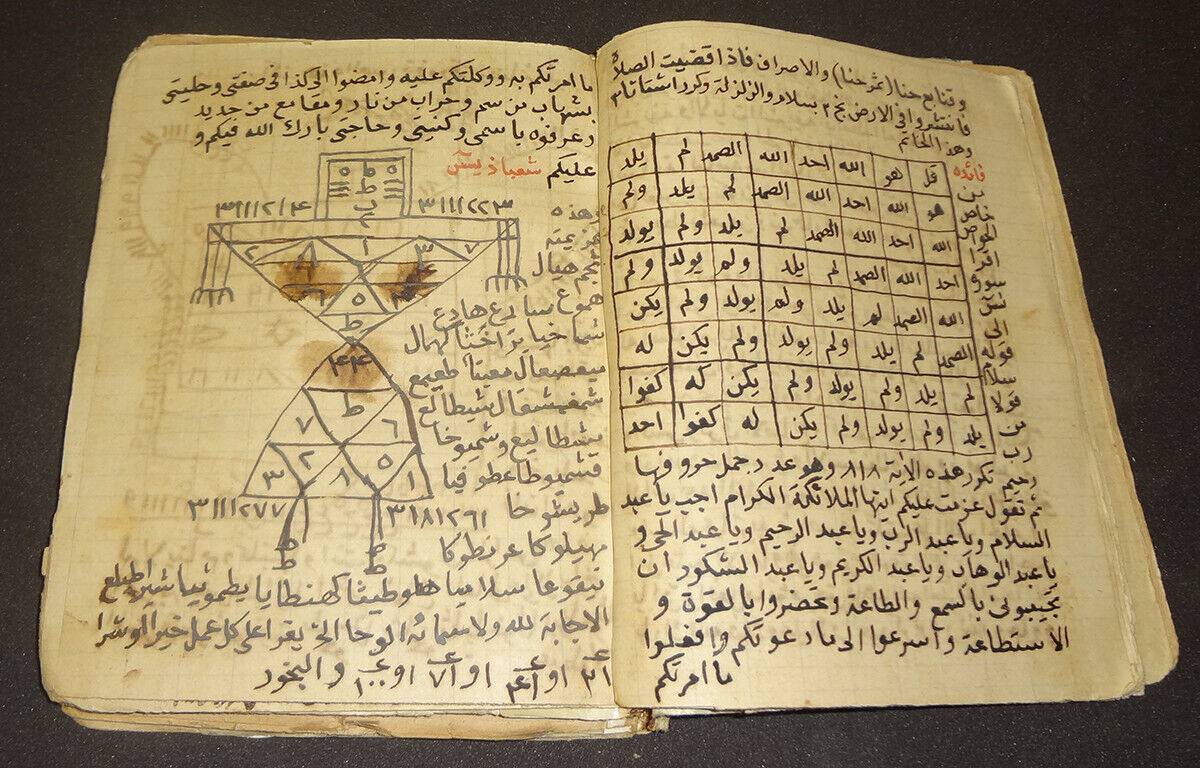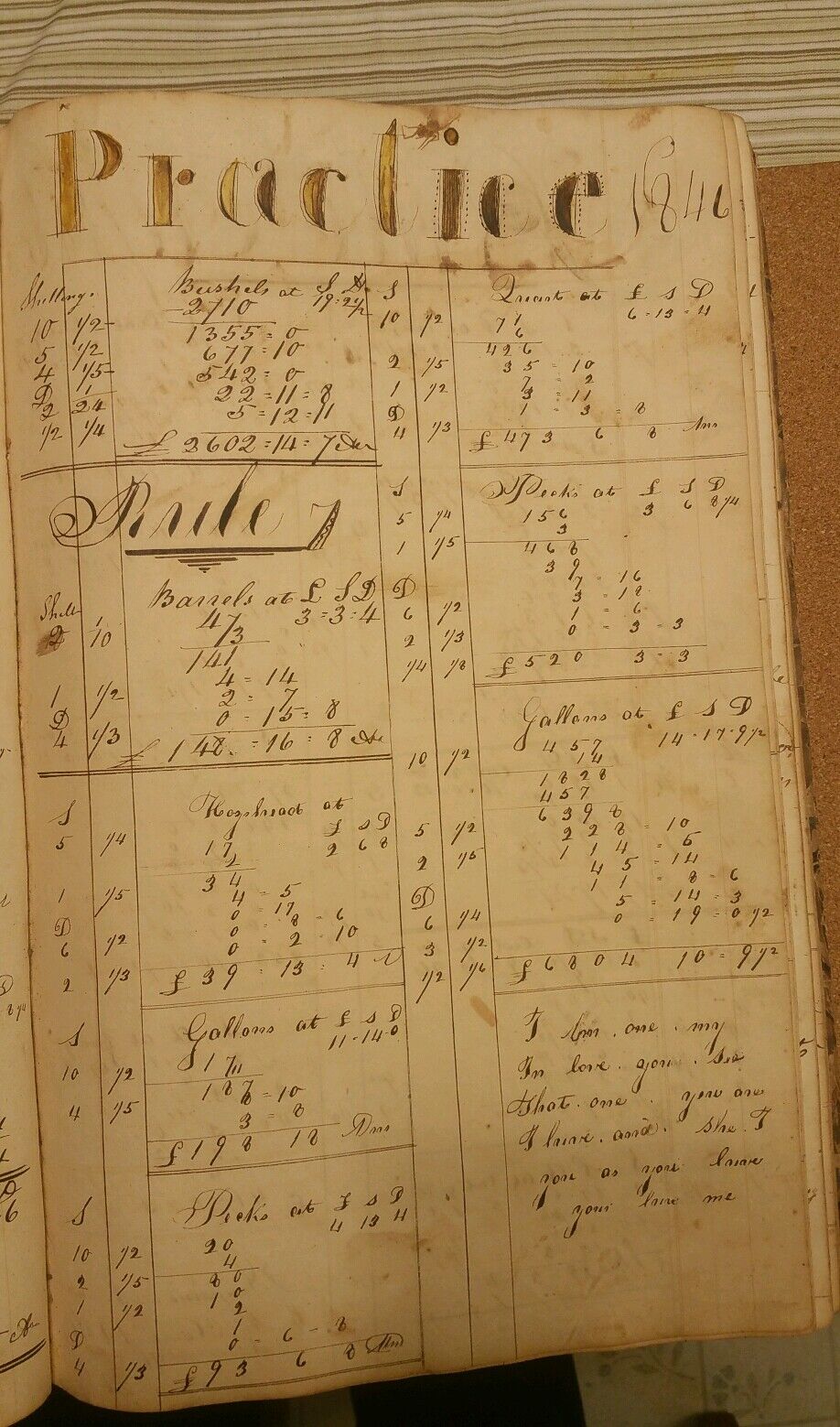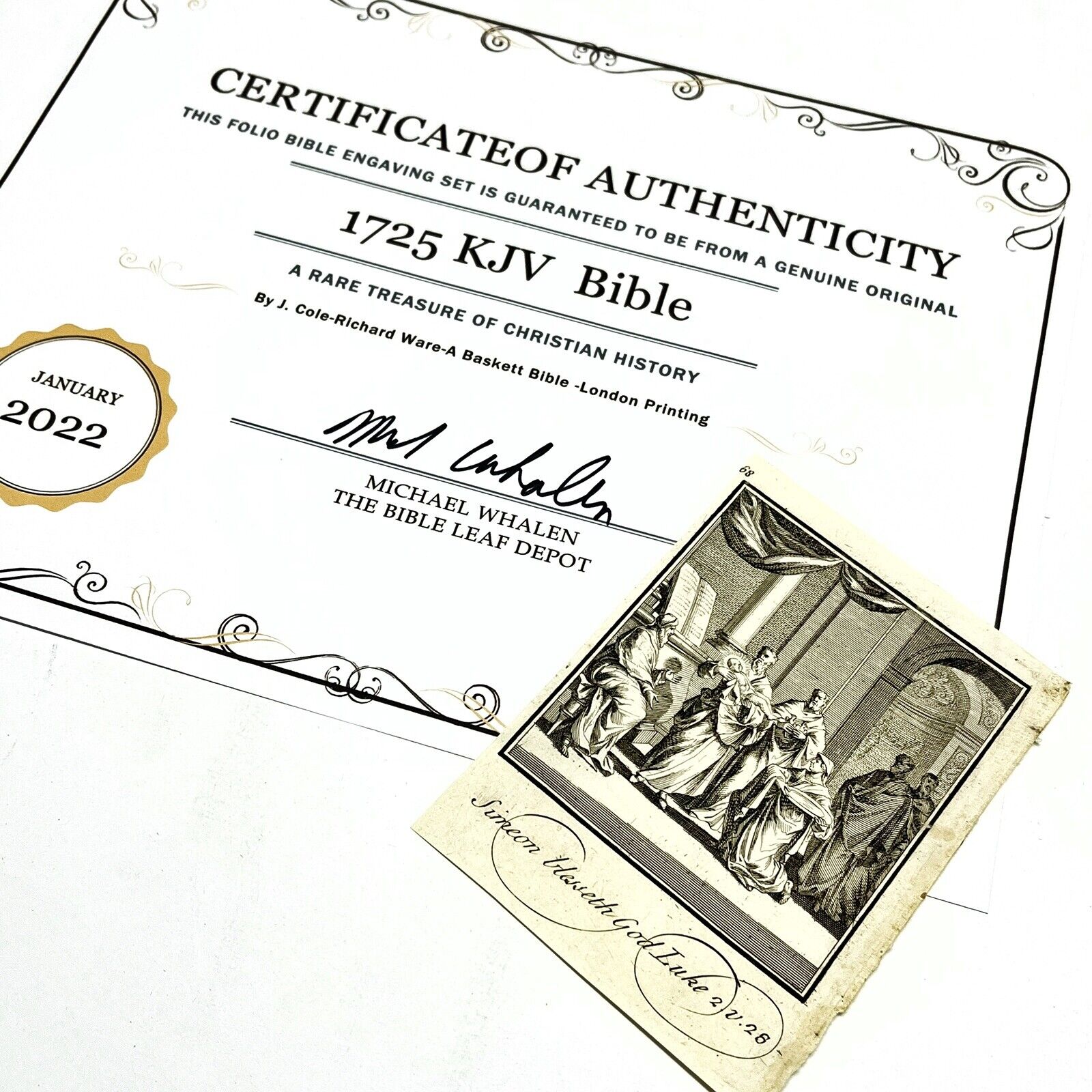-40%
NEW GENEALOGICAL MAP OF THE ROYAL HOUSE OF FRANCE Engraving by Chatelain - 1720
$ 211.19
- Description
- Size Guide
Description
"NEW GENEALOGICAL MAP OF THE ROYAL HOUSE OF FRANCE, THE DIFFERENT BRANCHES THAT HAS FORMED, ITS WEAPONS, THE ALLIANCES, WITH HISTORICAL REMARKS FOR THE INTELLIGENCE OF HISTORY” - Title CopperEngraving by Henri Abraham Chatelain
France copper engraving genealogy coat of arms
heraldry
f
rom
"Atlas Historique ou Nouvelle Introduction a l'Histoire, a la Chronologie & a la Geographie Ancienne & Moderne" by Chatelain, Henri Abraham
Sheet measures: 37" x 17" (95 cm x 45 cm)
Printed area measures: 36.2" x 15.3"
(92 cm x 39 cm)
Henri Abraham Chatelain
Henri Abraham Chatelain
(1684 - 1743) was a Huguenot pastor of Parisian origins. He lived consecutively in Paris, St. Martins, London (c. 1710), The Hague (c. 1721) and Amsterdam (c. 1728). He is best known as a Dutch cartographer and more specifically for his cartographic contribution in the seminal seven volume Atlas Historique, published in Amsterdam between 1705 and 1720. Innovative for its time, the Atlas Historique combined fine engraving and artwork with scholarly studies of geography, history, ethnology, heraldry, and cosmography. Some scholarship suggests that the Atlas Historique was not exclusively compiled by Henri Chatelain, as is commonly believed, but rather was a family enterprise involving Henri, his father Zacharie (d.1723) and his brother, also Zacharie (1690 – 1754). They worked as a partnership publishing the Atlas under several different Chatelain imprints, depending on the Chatelain family partnerships at the time of publication. The atlas was published in seven volumes between 1705 and 1720, with a second edition appearing in 1732. The maps were accompanied by information pertaining to cosmography, geography, history, chronology, genealogy, topography, heraldry, and costume of the world. The images incorporated into the plates and tables were drawn from the best available contemporary sources, including the works of Dapper, Chardin, de Bruyn and Le Hay. Many of the maps are based on the work of Guillaume de l'Lisle.
See other items










